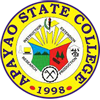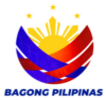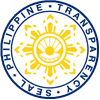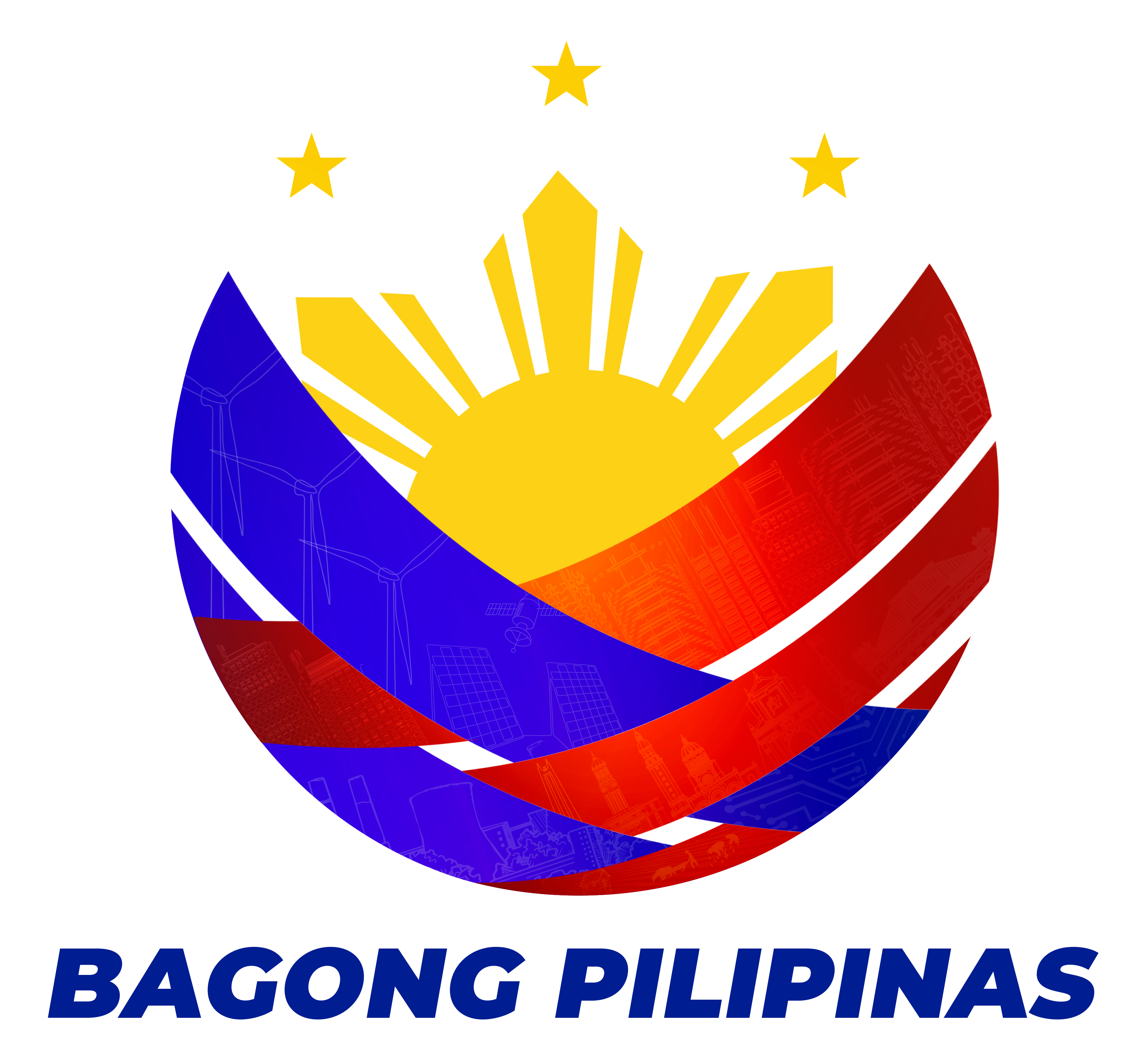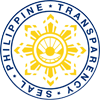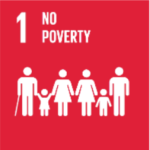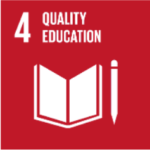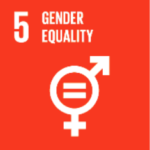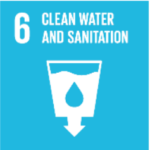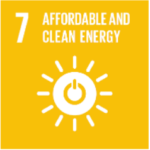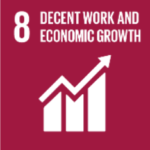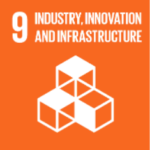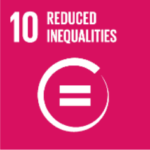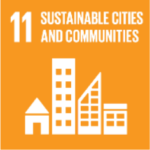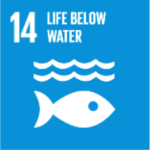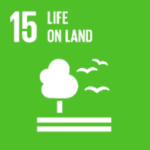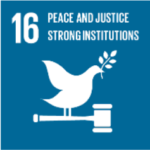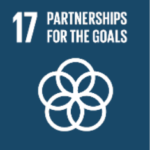SDG 11 - sustainable cities and communities
Since cities are where more than half of the world’s population resides, Sustainable Development Goal 11 is centered on them. Cities have made it possible for humanity to advance socially and economically because they are centers for ideas, trade, culture, research, production, and much more. But managing cities in a way that promotes economic growth and job creation without depleting land or resources is not without its difficulties.
Apayao State College (ASC), as a Higher Education Institution in the country, is committed to contributing to the attainment of SDG 11: Sustainable Cities and Communities. The P/A/Ps under this SDG include the following:
The college drafted its LUDIP to ensure proper management of the land resources on the two campuses. The LUDIP covers campus planning framework, principles, and procedures, including master development plans; a detailed geographical description and survey of the ASC, including all vacant lands, campuses, branches, or extensions; an inventory of all existing buildings, facilities, and other infrastructure within the areas occupied by the College; a cadastral survey of the land; and a detailed description of the research core and academic core, covering both housing for employees and students. The LUDIP of the college will be presented at one of the board meetings for final approval.
The center aims to strengthen the indigenous knowledge system of Apayao through its recognition of the contribution of education and culture to national heritage in particular and to the world in general. It serves as a collaborative endeavor among the implementing agencies to initiate responsive interventions in research, development, and extension (RDE). It will further make the educational system and culture of the province transparent to the country and to the whole world, showing that the indigenous knowledge of the Iyapayao is something to be proud of and therefore needs to be strengthened.
- Establishment of School-based Museum The school-based Museum was established at the Malama, Conner Campus. The museum composed of the collections of artifacts, archives and material culture that formed part of the Iyapayao existence. Photographs of historical events in Apayao was also collected.
- Integration of Indigenous Knowledge System in the Formal Curricula The college included in the school curricula the Indigenous knowledge system and practices manifested in the curriculum in the College of Teacher Education, specifically special topics in education covering the IKSP of the IPs in Apayao as well as in the Cordillera Region.
- Documentation of the rituals and myths of the different parts of the province The college researchers conducted several studies on the cultural practices of Apayao. Completed research has been presented in the agency’s in-house review.
- Promotion and Dissemination The promotion of the IKSP information is done through the celebration of the IPRA Month activity that is held every October of the year. This celebration is highlighted by the different activities, including the reproduction of flyers, symposiums, seminars, quiz bee competitions, literary and musical performances, and food contests.
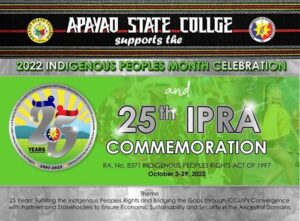
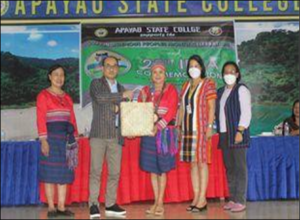
25th IPRA Commemoration
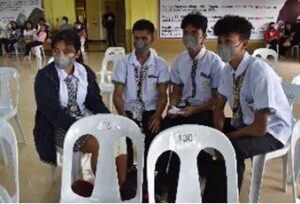
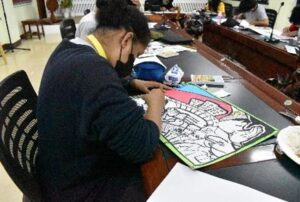
Participation of Students during 25th IPRA Celebration
